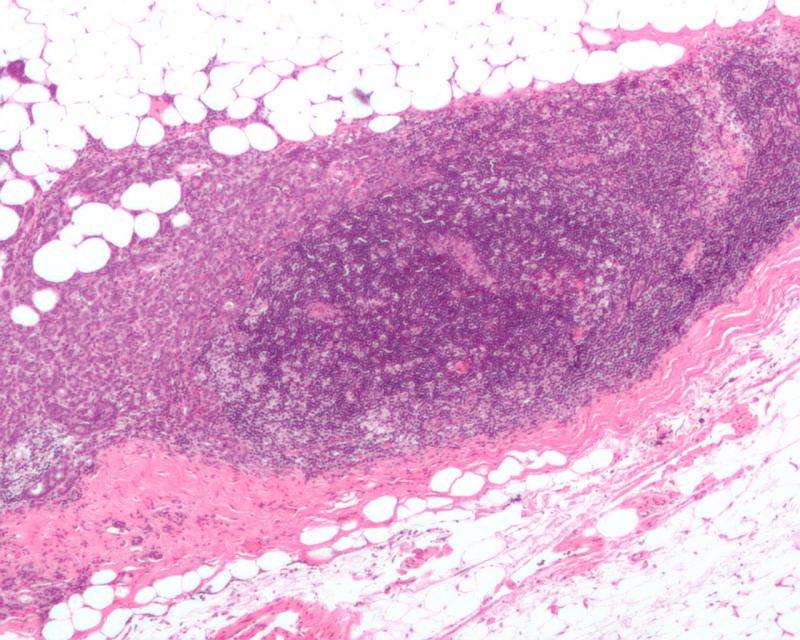New findings may enhance PARP inhibitors therapy in breast cancer

Findings from a new study reveal that PARP inhibitors, an emerging class of drugs being studied in cancer clinical trials, may be enhanced by combining them with inhibitors targeting an oncogene known as c-MET which is overexpressed in many cancers.
The findings resulting from in vitro and mouse model studies were published in today's online issue of Nature Medicine. Study lead investigator Mien-Chie Hung, Ph.D., chair of Molecular and Cellular Oncology at The University of Texas MD Anderson Cancer Center, believes the study results may hold promise for future treatment of breast cancer and possibly other cancers.
"These findings may predict tumor resistance to PARP inhibitors and suggest that treatment with a combination of c-MET and PARP inhibitors may benefit patients bearing tumors with high c-MET expression who do not respond to PARP inhibition alone," said Hung.
While PARP inhibitors are still in the clinical trial phases for breast cancer, the FDA recently approved the PARP inhibitor olaparib for treatment of ovarian cancer with mutations in breast cancer genes known as BRCA.
"BRCA1 and BRCA2 play essential roles in repairing DNA double strand breaks and a deficiency of BRCA proteins sensitizes cancer cells to PARP inhibition," said Hung. "Combining c-MET and PARP1 inhibitors synergized to suppress growth of breast cancer cells. Similar synergistic effects were also observed in a lung cancer mouse model."
Hung's team discovered that c-MET associates with and phosphorylates PARP1, which increases its enzymatic activity. This process essentially renders cancer cells resistant to PARP inhibition. By blocking c-MET's cancer-friendly interaction with PARP, cancer cells lose this resistance to the therapy.
"Our study findings raise the interesting possibility that cancer patients with tumors that overexpress c-MET may benefit from this combination therapy regardless of cancer type," said Hung.
More information: Blocking c-Met-mediated PARP1 phosphorylation enhances anti-tumor effects of PARP inhibitors, DOI: 10.1038/nm.4032
















